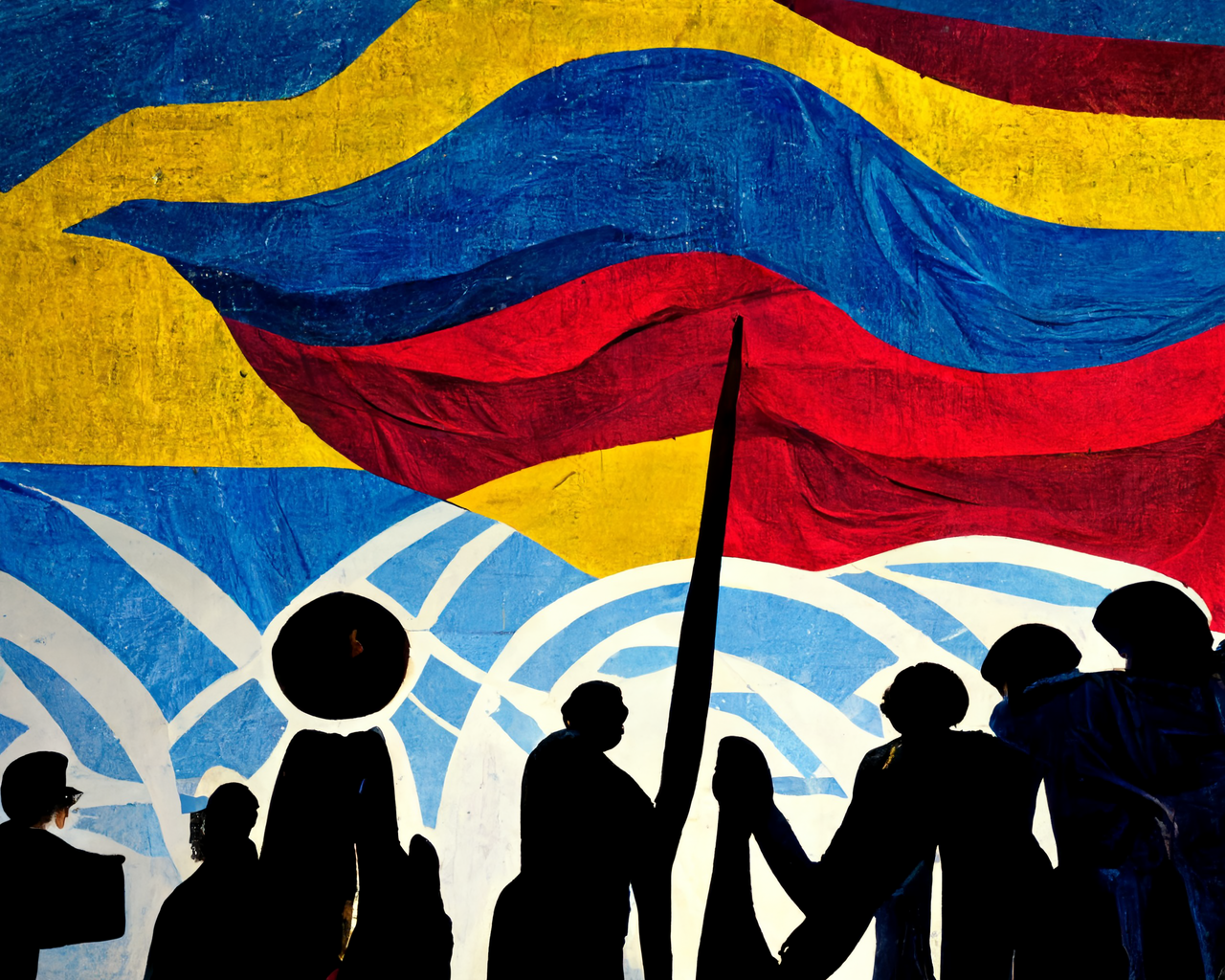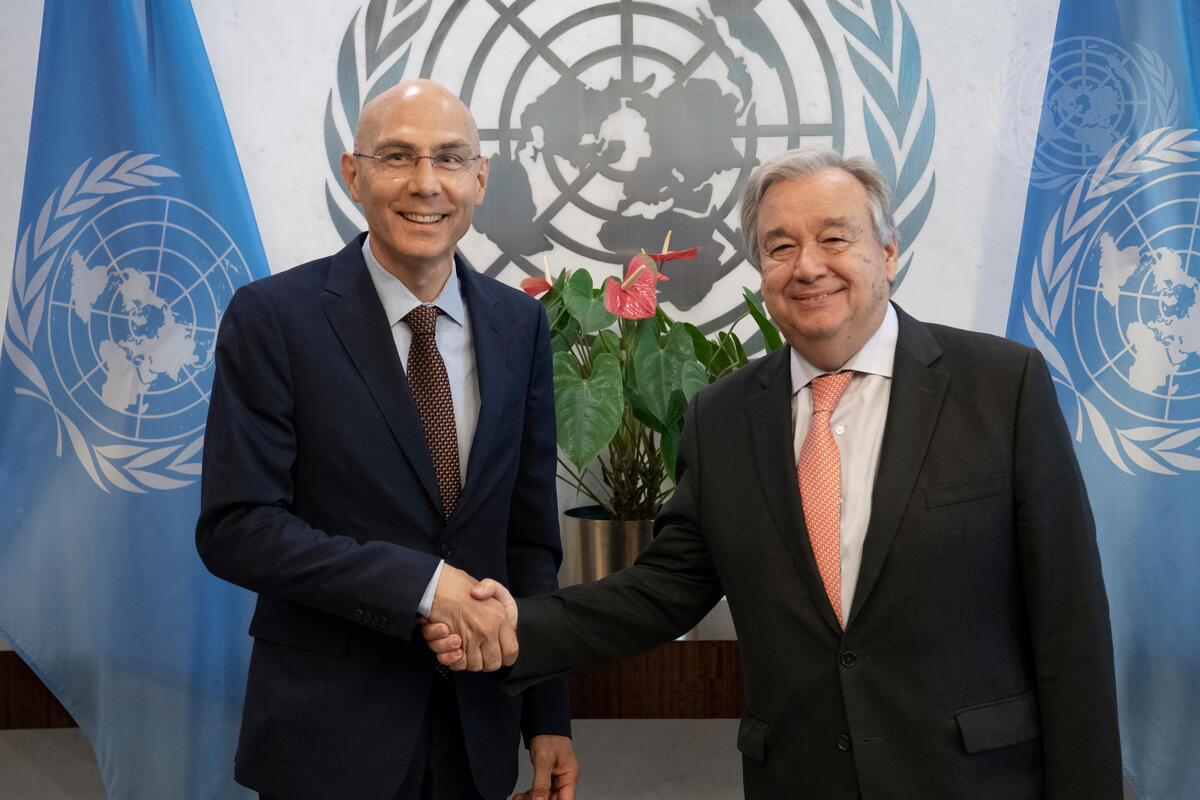In two joint letters, NGOs had called for an open, transparent and merit-based process involving wide and meaningful consultation with independent human rights defenders and organisations. NGOs argued that the nomination process was critical to identifying the most qualified candidate and ensuring the credibility of their appointment.
Download as PDF
‘That said, we will seek to work closely and collaboratively with the next High Commissioner to protect human rights, and to pursue accountability for perpetrators and justice for victims. Meaningful engagement with independent civil society is critical to ensure that the High Commissioner and their Office understands and responds effectively to the situation on the ground,’ Lynch added.
The post of High Commissioner for Human Rights is critical to the promotion and protection of human rights globally, particularly at a time when human rights standards and mechanisms face enormous pressure from powerful governments, and universal human rights are under threat or in retreat, including in established democracies.
‘The stakes have never been higher. We’ve just had a High Commissioner publish a damning report on China literally on her way out the door. To meet the demands of the job, the next High Commissioner must be a human rights champion who is courageous and principled and engages consistently with human rights defenders,’ said Sarah M. Brooks, Programme Director for ISHR.
‘The High Commissioner’s role is to be the world’s leading human rights advocate, as distinct from the role of a diplomat or political envoy. Demonstrating solidarity with victims and publicly calling out abuses should take precedence over friendly dialogue with governments’, said NGOs in their earlier joint letter.




